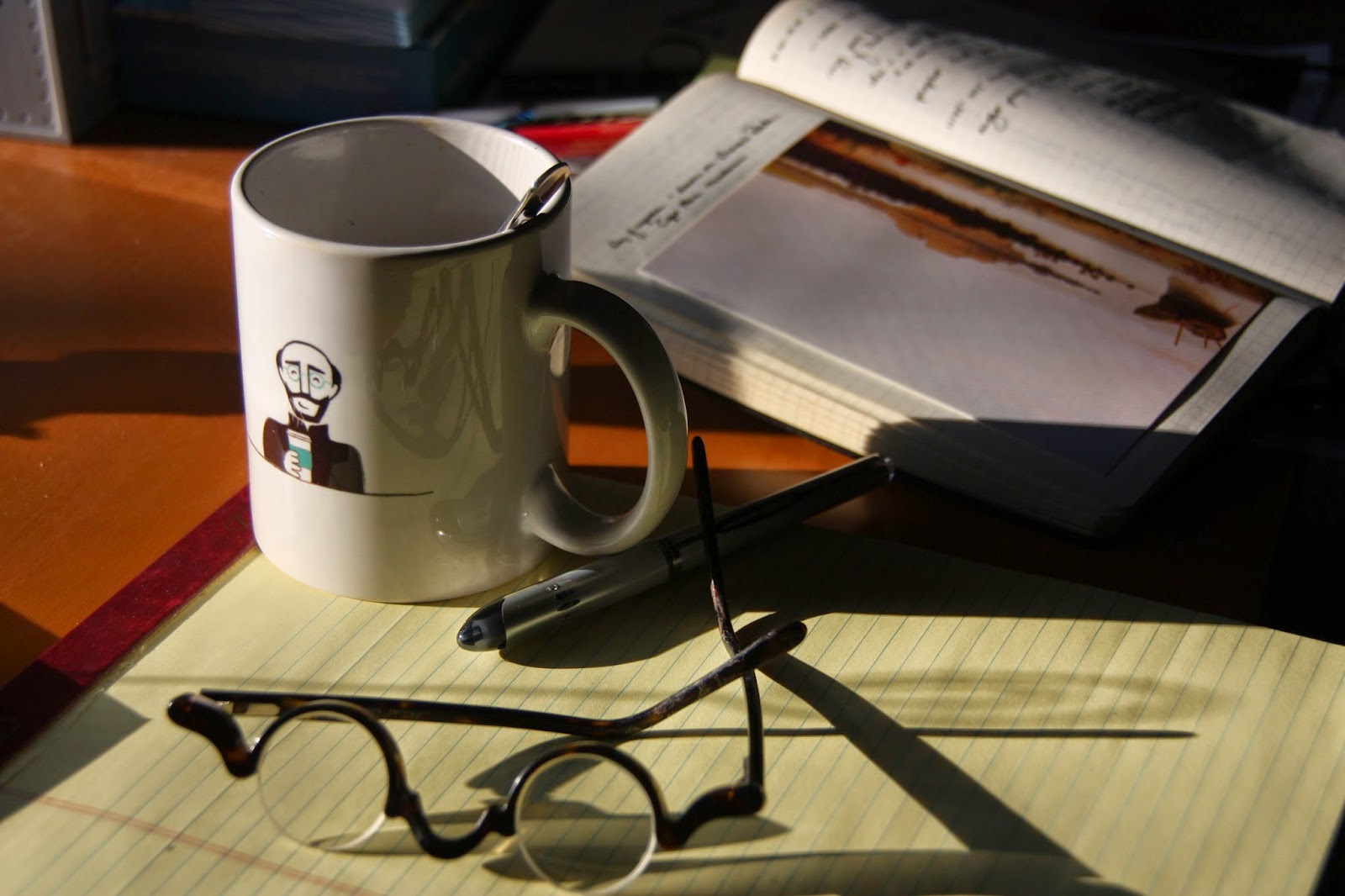 |
| c. mike_tn via Flickr. Used under Creative Commons license. |
Crash had some minor surgery this morning. He's doing well, recuperating on the sofa and binge watching Game of Thrones (currently winding up Season 2). He's working various odd jobs at Wonderful Jesuit University in DC this summer, with a stint coming up at the Navy archives, but came home for a long weekend.
He took the Megabus up, a form of transportation which is cheap and convenient, running as it does, all the day and half the night. And it has Wi-Fi. Crash, alas, has bad Megabus karma. Coming or going, one way or the other, he always seems to end up on a bus that is stuck in traffic in the wee hours of the morning.
Last night's construction on I-95 meant it took four hours for him to make the less than two and a half hour trip from DC to Philly and he arrived at 2:15 in the morning, well past the last train from the city to the 'burbs. So I drove the half hour into Philly to get him, Route 30 to Route 1 to I-76 and back. I turned on news radio for company, only to hear that I-76 was shut down at the station for construction and Route 1 was closed except for one lane due to — yep, road construction, repaving, actually. Now I know when they do road construction -- after midnight. Argh - was I ever going to get there? Will I ever get Eric Clapton's cover of After Midnight out of my head? We got home just before 3 am. Totally toast.
On the other hand, his time karma improved this morning. The surgeon's office called to see if they could move him earlier. Sooner in, sooner done. For which we were all grateful.



